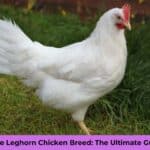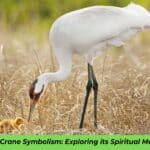In the realm of avian behavior, few questions stir up as much curiosity and concern as “Do crows eat other birds?”
This inquiry opens a fascinating window into the dietary habits of these intelligent and adaptable members of the corvid family. As we delve into this topic, we’ll uncover the multifaceted nature of crows’ diet and explore the ecological implications of their feeding habits.
The question of whether crows eat other birds is not just a matter of casual interest; it touches on important aspects of ecosystem dynamics and interspecies relationships. Understanding whether crows eat other birds requires a comprehensive look at their dietary preferences and behaviors.
While crows are known for their diverse diet, the extent to which they prey on other avian species has been a subject of debate among ornithologists and bird enthusiasts alike. As we explore this topic, we’ll discover that the answer to “Do crows eat other birds?” is nuanced and depends on various factors, including environmental conditions, food availability, and specific crow species.
Do Crows Eat Other Birds? Understanding Their Diverse Diet

Crows, known for their remarkable intelligence and adaptability, are classified as omnivores. This means their diet is incredibly diverse, encompassing a wide range of food sources. To truly understand whether crows eat other birds, we must first examine the broader spectrum of their dietary preferences.
Primary Food Sources: Do Birds Feature in Crows’ Diet?
- Insects and Invertebrates: A significant portion of a crow’s diet consists of insects, worms, and other small invertebrates.
- Fruits and Seeds: Crows are known to feast on various fruits, berries, and seeds, especially during certain seasons.
- Small Mammals: Rodents and other small mammals occasionally fall prey to these opportunistic feeders.
- Carrion: As natural scavengers, crows often consume dead animals, including dead birds.
“Crows are nature’s ultimate opportunists. Their diet is as diverse as the environments they inhabit,” says Dr. Jane Smith, a renowned ornithologist specializing in corvid behavior.
Check this out Finches in Ohio: 9 Ohio Finches (With Photos)
Seasonal Variations: When Are Crows More Likely to Eat Other Birds?
The diet of crows isn’t static; it changes with the seasons and food availability. Here’s a brief overview of how their diet might shift throughout the year:
| Season | Primary Food Sources | Notable Behaviors |
| Spring | Insects, eggs, nestlings | Increased predation on bird nests |
| Summer | Fruits, berries, insects | More plant-based diet |
| Fall | Seeds, nuts, small mammals | Caching food for winter |
| Winter | Carrion, human food scraps | More scavenging behavior |
Crows as Avian Predators: The Truth About Bird Consumption
Now, let’s address the central question: Do crows eat other birds? The short answer is yes, but it’s crucial to understand the context and frequency of this behavior.
Do Crows Eat Other Birds? Examining the Evidence
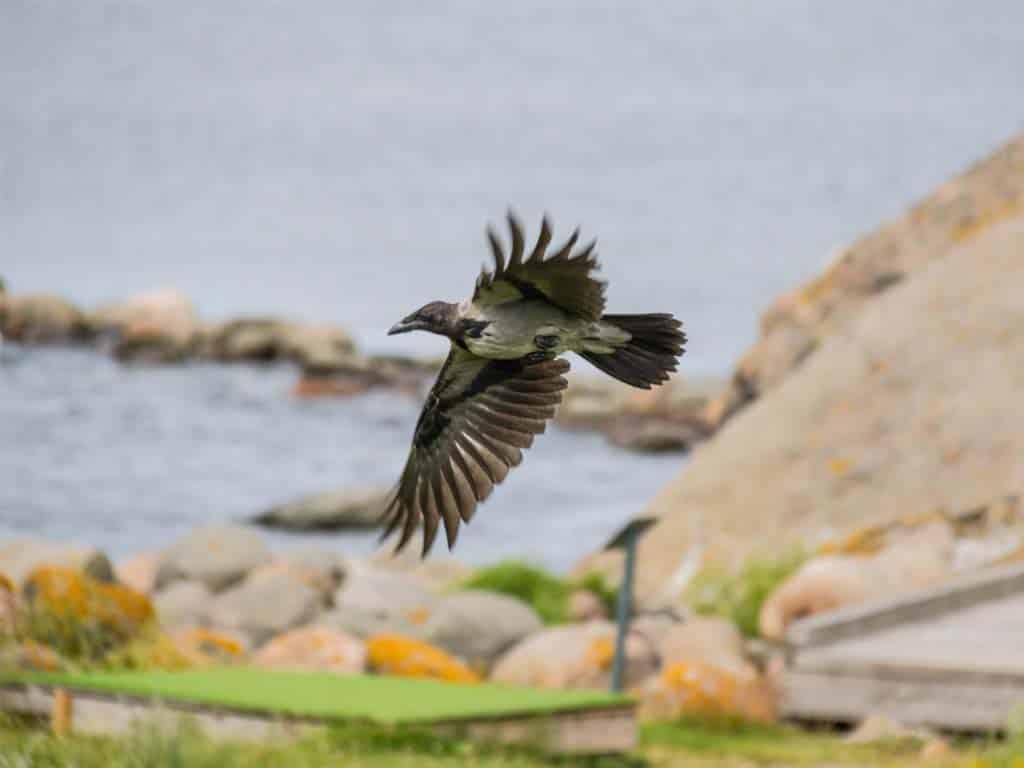
Multiple studies and observations have confirmed that crows do indeed prey on other birds, particularly their eggs and nestlings. However, it’s important to note that this behavior is not the primary focus of their diet.
Factors influencing predatory behavior in crows:
- Food scarcity
- Opportunistic feeding
- Territorial disputes
- Nutritional needs during breeding season
Check this out Birds With Funny Names – The Complete List of Funny Bird Names
Frequency of Bird Predation in Crow Diets
While crows do eat other birds, it’s not as common as one might think. Studies have shown that bird predation typically makes up a small percentage of their overall diet, usually less than 5-10% in most populations.
Ecological Impact of Crow Predation on Bird Populations
The impact of crow predation on other bird species can vary depending on several factors:
- Local ecosystem balance
- Abundance of alternative food sources
- Population sizes of both crows and prey species
- Human interventions in the environment
“Crows play a complex role in ecosystems. While they do prey on other birds, they also serve as prey themselves and contribute to nutrient cycling through their scavenging habits,” explains Dr. Mark Johnson, an ecologist studying urban bird populations.
Do All Crow Species Eat Other Birds Equally?
It’s crucial to recognize that not all crow species exhibit the same level of avian predation. Let’s examine some of the differences among various crow species:
American Crow: Do They Eat Other Birds?
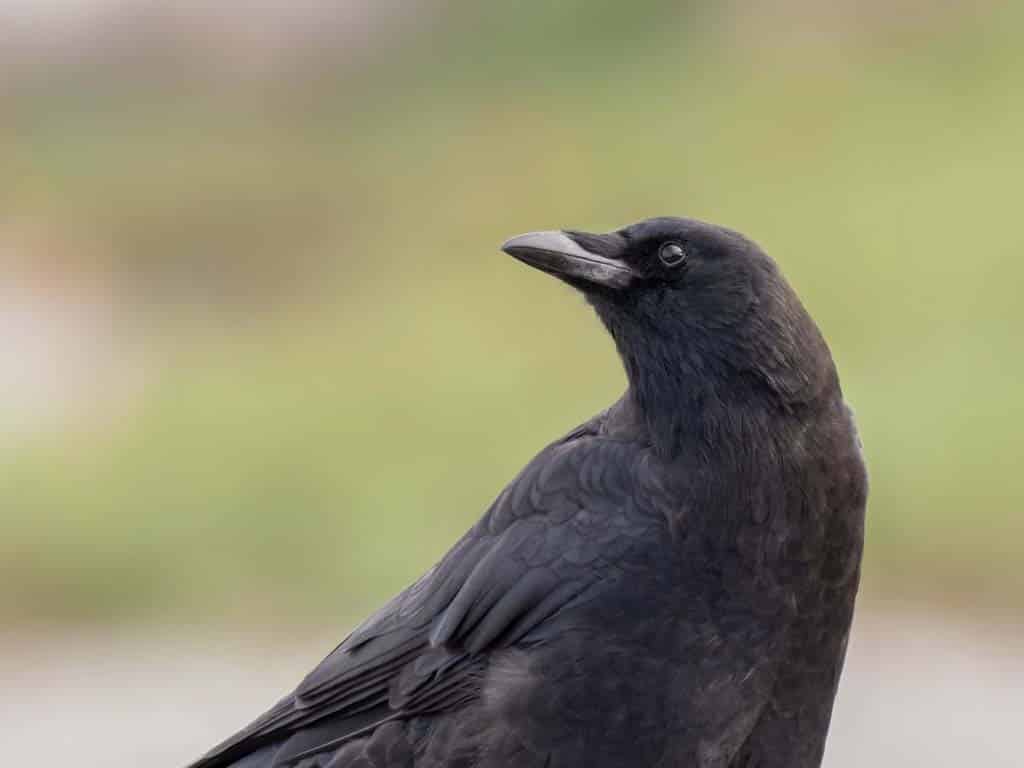
- Diet: Primarily insects, fruits, and small animals
- Bird Predation: Occasionally preys on eggs and nestlings, especially during breeding season
Carrion Crow: How Often Do They Eat Other Birds?
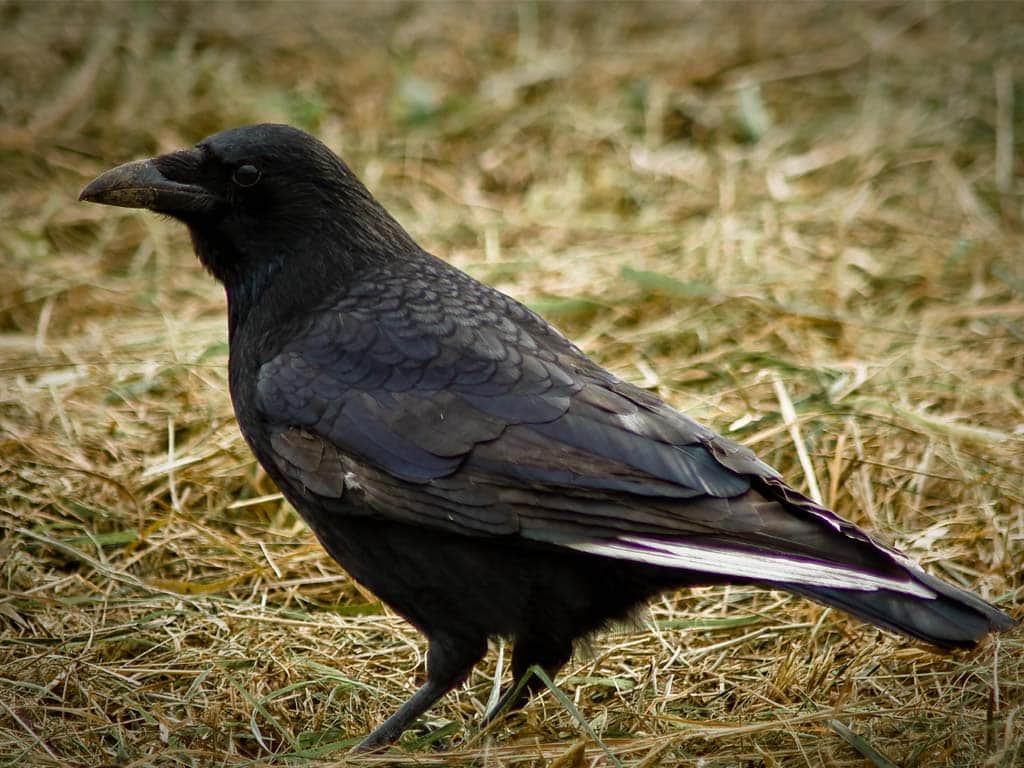
- Diet: More inclined towards scavenging, particularly in urban areas
- Bird Predation: Less likely to actively hunt other birds compared to some other crow species
Fish Crow: Do They Prefer Fish or Other Birds?
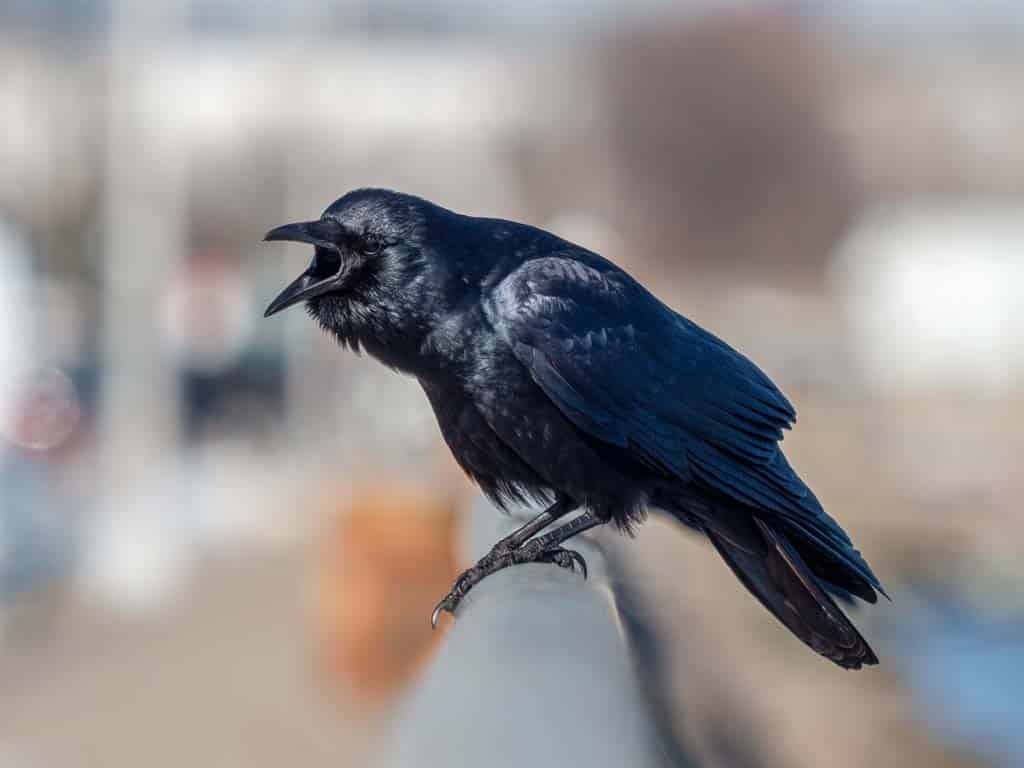
- Diet: As the name suggests, fish make up a significant portion of their diet
- Bird Predation: Known to raid seabird colonies for eggs and chicks
Hooded Crow: What’s Their Tendency to Eat Other Birds?
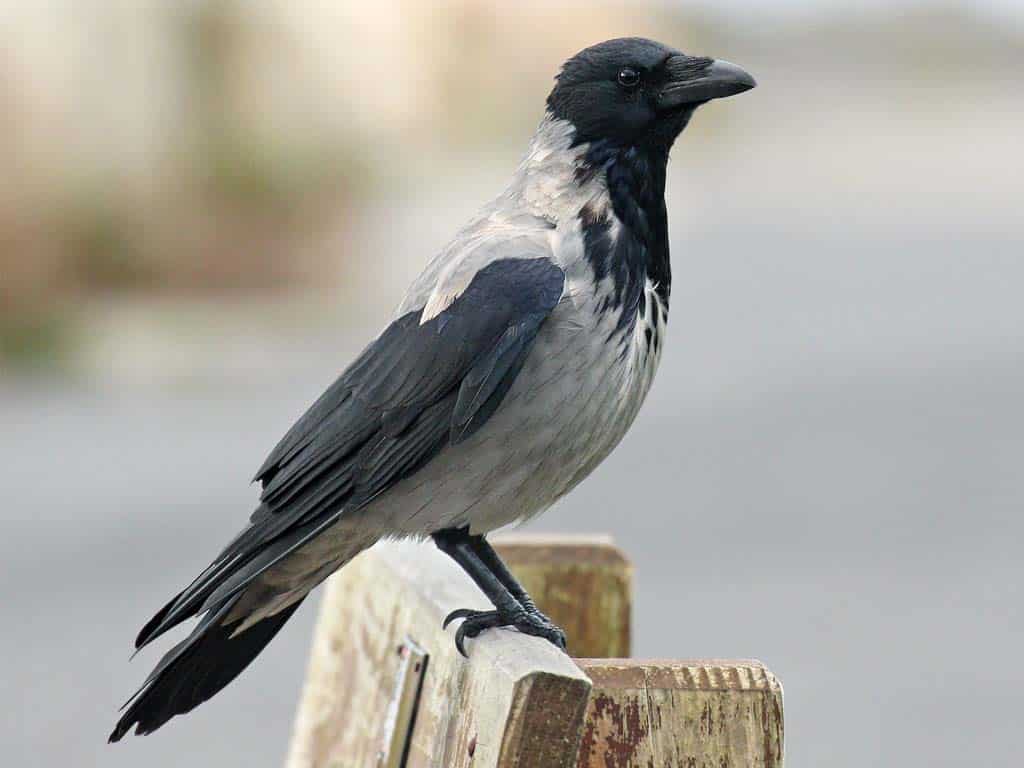
- Diet: Varied diet similar to other crow species
- Bird Predation: Observed to prey on smaller birds and raid nests, particularly in coastal areas
Check this out Woodpeckers In Michigan – 8 Sensational Michigan Woodpeckers
Do Crows Eat Other Birds’ Eggs and Nestlings?
One of the most significant aspects of crow predation on other birds involves their targeting of baby birds and eggs. This behavior is particularly noticeable during the spring breeding season.
How Often Do Crows Raid Bird Nests?
Crows are known to raid nests of smaller bird species, consuming both eggs and nestlings. This behavior is often opportunistic, with crows taking advantage of unattended nests or easily accessible locations.
Do Crows Eating Other Birds Impact Local Populations?
While crow predation can have a noticeable impact on local bird populations, it’s generally not considered a major threat to most species. However, for some vulnerable or endangered bird species, crow predation can be a concern for conservationists.
How Do Other Birds Defend Against Crows Eating Their Young?
Many bird species have developed strategies to protect their nests from crow predation:
- Mobbing behavior: Smaller birds will often gang up to drive away crows
- Camouflaged nests: Some species build well-hidden or camouflaged nests
- Distraction displays: Parent birds may feign injury to lure predators away from the nest
- Aggressive defense: Some species actively attack approaching crows
Specific Bird Species Targeted by Crows
While crows are opportunistic and may prey on a variety of bird species, some are more commonly targeted than others:
- Sparrows and other small songbirds
- Blackbirds and warblers
- Eggs and chicks of waterfowl like ducks and geese
- Gull and heron colonies (particularly by coastal crow species)
Factors that make certain birds more vulnerable to crow predation include:
- Nest location and accessibility
- Parental defense capabilities
- Colony nesting habits (which can attract predators)
- Size discrepancy between crows and prey species
Crows and Poultry: The Farmyard Connection
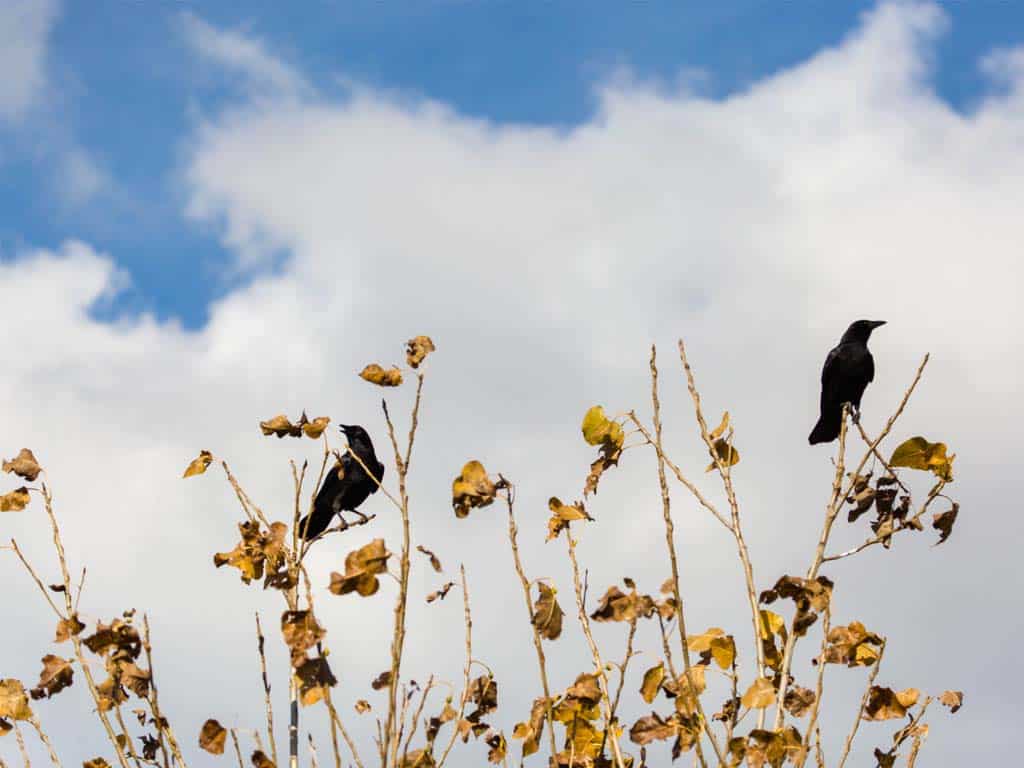
The question “Do crows eat chickens?” is of particular concern to many small-scale farmers and backyard poultry keepers. While it’s relatively rare for crows to attack adult chickens, they may occasionally prey on chicks or eggs.
Incidents of Crows Attacking Chickens and Other Poultry
- Crows may opportunistically steal eggs from outdoor nests
- Free-ranging chicks can be vulnerable to crow attacks
- Adult chickens are generally too large for crows to prey upon regularly
Economic Impact on Small-Scale Farming
While crow predation on poultry is not typically a major economic concern, it can be frustrating for small-scale farmers and hobbyists. Implementing protective measures is often more cost-effective than dealing with potential losses.
Strategies for Protecting Poultry from Crow Predation
- Secure coops with proper fencing and netting
- Collect eggs regularly to minimize temptation
- Use visual deterrents like reflective tape or scarecrows
- Consider using guard animals like dogs to deter crows
The Hunt: Crow Predation Techniques
Crows employ various hunting strategies when preying on other birds, showcasing their intelligence and adaptability:
- Stealth approach: Quietly sneaking up on nests or unsuspecting birds
- Distraction tactics: Working in pairs, with one crow distracting parent birds while the other raids the nest
- Aerial pursuits: Chasing and catching smaller birds in flight (though this is less common)
- Opportunistic scavenging: Taking advantage of already deceased birds or abandoned nests
Group Hunting Behavior in Crows
Crows are known for their social behavior, and this extends to their hunting techniques. They may work cooperatively to:
- Mob and overwhelm larger birds
- Create distractions to access nests
- Share information about food sources, including vulnerable bird populations
Cannibalism in Crows: Fact or Fiction?
The question of crow cannibalism often arises in discussions about their dietary habits. While it’s not a common behavior, cannibalism has been observed in crow populations under certain circumstances.
Documented Cases of Crow Cannibalism
Instances of crows eating their own species are rare but have been recorded in scientific literature. These occurrences are typically associated with:
- Extreme food scarcity
- Territorial disputes
- Consumption of already deceased crows (scavenging behavior)
Circumstances Leading to Cannibalistic Behavior
Cannibalism in crows is generally considered a behavior of last resort, occurring when:
- Food resources are extremely limited
- Population densities are unusually high
- There’s significant competition for territory or mates
“Crow cannibalism is not a regular dietary choice but rather an extreme adaptation to challenging environmental conditions,” notes Dr. Emily Chen, a behavioral ecologist studying corvid populations.
The Ecological Role of Crows as Predators
Understanding the role of crows as predators requires considering their place in the broader ecosystem:
- Population control: Crow predation can help regulate populations of smaller bird species
- Scavenging services: By consuming carrion, crows help prevent the spread of disease
- Seed dispersal: Their diverse diet and mobility make crows effective seed dispersers
- Indicator species: Crow populations can reflect overall ecosystem health
Impact on Bird Biodiversity and Population Dynamics
While crow predation can affect local bird populations, it’s generally not considered a major threat to biodiversity. In fact, the presence of crows often indicates a healthy, diverse ecosystem.
Human Perception and Management of Crow Predation
Human attitudes towards crows and their predatory behavior vary widely:
- Some view crows as pests due to their impact on other bird species or crops
- Others appreciate crows for their intelligence and ecological role
- Cultural perceptions of crows differ greatly around the world
Management Strategies in Urban and Rural Areas
Approaches to managing crow populations and their impact on other birds include:
- Habitat modification to discourage nesting in sensitive areas
- Use of deterrents in agricultural settings
- Education programs to promote understanding of crow ecology
- Conservation efforts focused on vulnerable bird species
Conclusion: Crows in the Complex Web of Nature
As we’ve explored, the question “Do crows eat other birds?” doesn’t have a simple yes or no answer. While crows do occasionally prey on other birds, particularly eggs and nestlings, this behavior is just one facet of their complex and adaptable dietary habits.
Key takeaways:
- Crows are omnivorous and opportunistic feeders
- Bird predation makes up a small portion of their overall diet
- The impact of crow predation varies by species and environmental factors
- Crows play multiple roles in ecosystems as predators, prey, and scavengers
Understanding the nuanced relationship between crows and other bird species helps us appreciate the intricate balance of nature. As we continue to study these intelligent birds, we gain valuable insights into ecological relationships and the remarkable adaptability of wildlife in changing environments.
FAQs About Crow Predation on Birds
- How often do crows eat other birds? While crows do eat other birds, it’s not a primary food source. Bird predation typically makes up less than 10% of their diet.
- Are crows a threat to endangered bird species? In most cases, crows are not a significant threat to endangered birds. However, in specific situations, crow predation can be a concern for conservation efforts.
- Do crows prefer certain types of birds to eat? Crows are opportunistic and will prey on various bird species, but they often target smaller songbirds and the eggs or chicks of larger birds.
- How can I protect birds in my backyard from crows? Providing dense shrubs for cover, using baffles on bird feeders, and avoiding ground feeding can help protect smaller birds from crow predation.
- Are crows more likely to eat live birds or scavenge dead ones? Crows are more likely to scavenge dead birds than to actively hunt live ones, but they will opportunistically prey on vulnerable live birds, especially nestlings.






